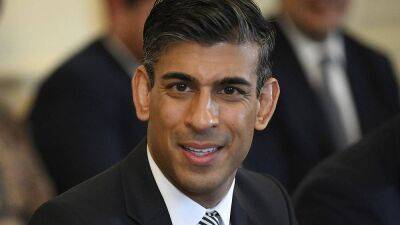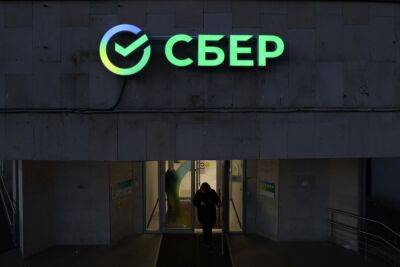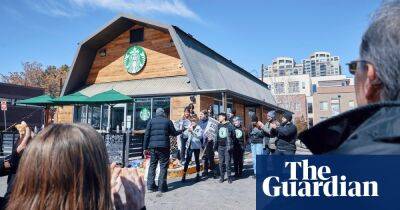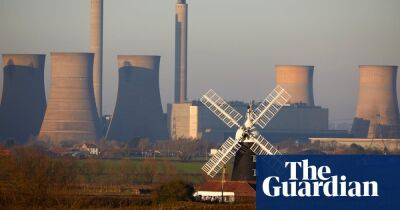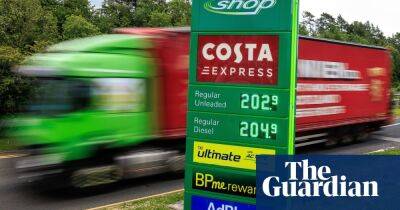Minister’s call for inquiry into fuel prices may not be a political diversion
At first glance, Kwasi Kwarteng’s order that the Competition and Markets Authority (CMA) conduct an inquiry into retail fuel prices looks politically desperate. The reason the government’s 5p-a-litre cut in duty has not been noticed by consumers feels intuitively obvious: wholesale prices have risen; and 5p, in the context of 185p-ish at the pumps, is not a gamechanger, especially when 45% of the price represents taxes still in place. Case closed?
Well, maybe not. Even former insiders in the petrol retailing game say privately that competitive tensions in the market feel less than intense. In previous episodes when pump prices have been front-page news, supermarkets, who collectively represent half of the market, have reacted with promotions along a “spend £50 in store and get 10p a litre off when you fill up” theme. The offers are never as generous as they sound (the supermarkets’ arithmetic is carefully calibrated) but they have a dampening effect on prices to some degree. Such activity has been virtually absent this time.
The critical player in the fuel market, in the sense of it being the most aggressive on price, has traditionally been Asda. Evidence can be found in the CMA report that blocked the merger of Sainsbury’s and Asda in 2019. “Third parties told us that Asda was the price leader and often the first to cut prices among the major supermarket retailers,” it said.
Is Asda – now under part-ownership of the Issa brothers, who also own forecourt business EG Group – now less inclined to launch a mini price war on fuel? Well, if so, the CMA would be in a poor position to grumble: it cleared the purchase of Asda after the disposal of only 27 EG petrol stations out of a combined 700. But the question may still be worth
Read more on theguardian.com





![Litecoin [LTC] bulls defend $50 with their lives, but were their efforts in vain? - ambcrypto.com](https://finance-news.co/storage/thumbs_400/img/2022/7/9/32796_m0o.jpg)



